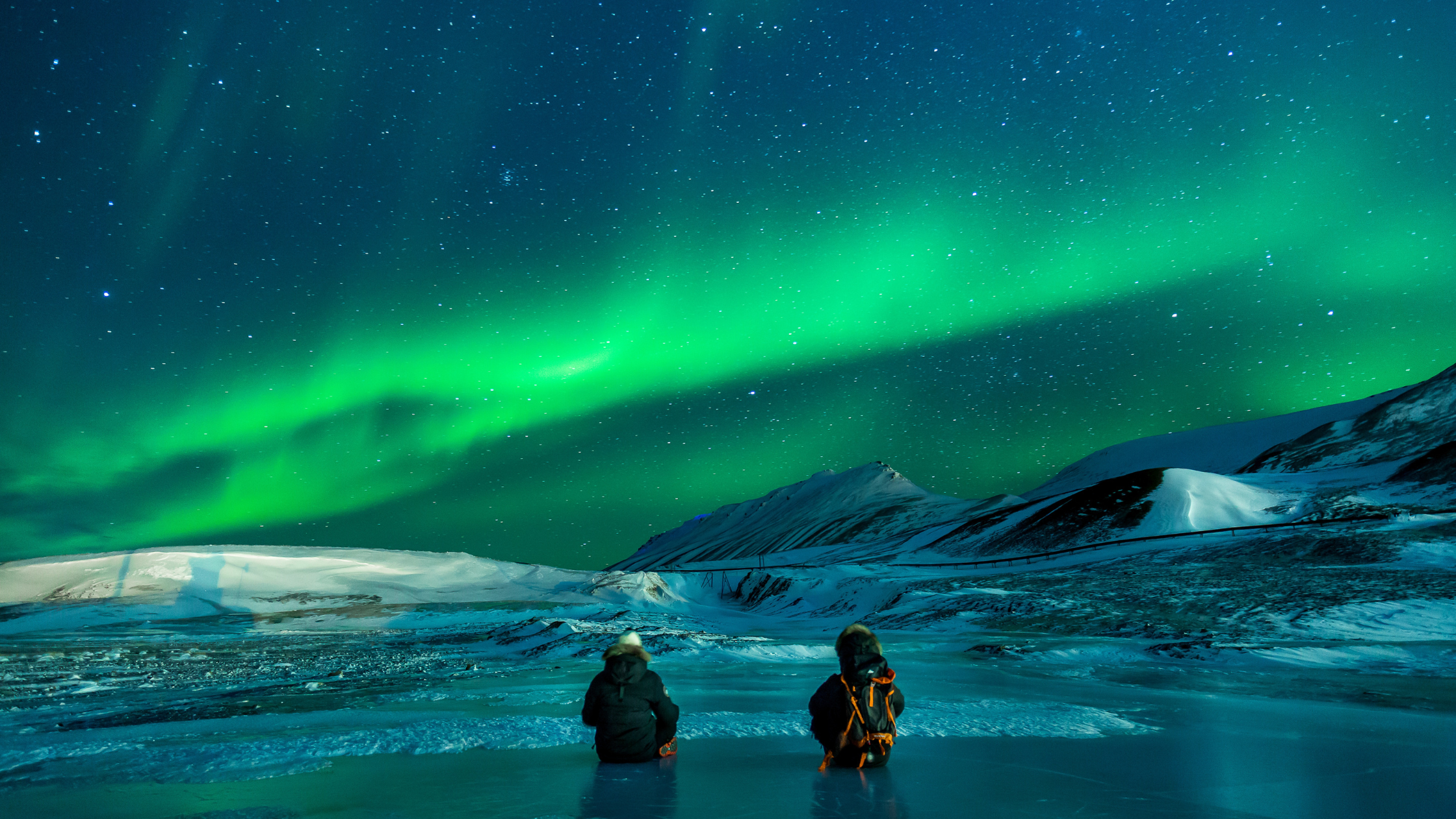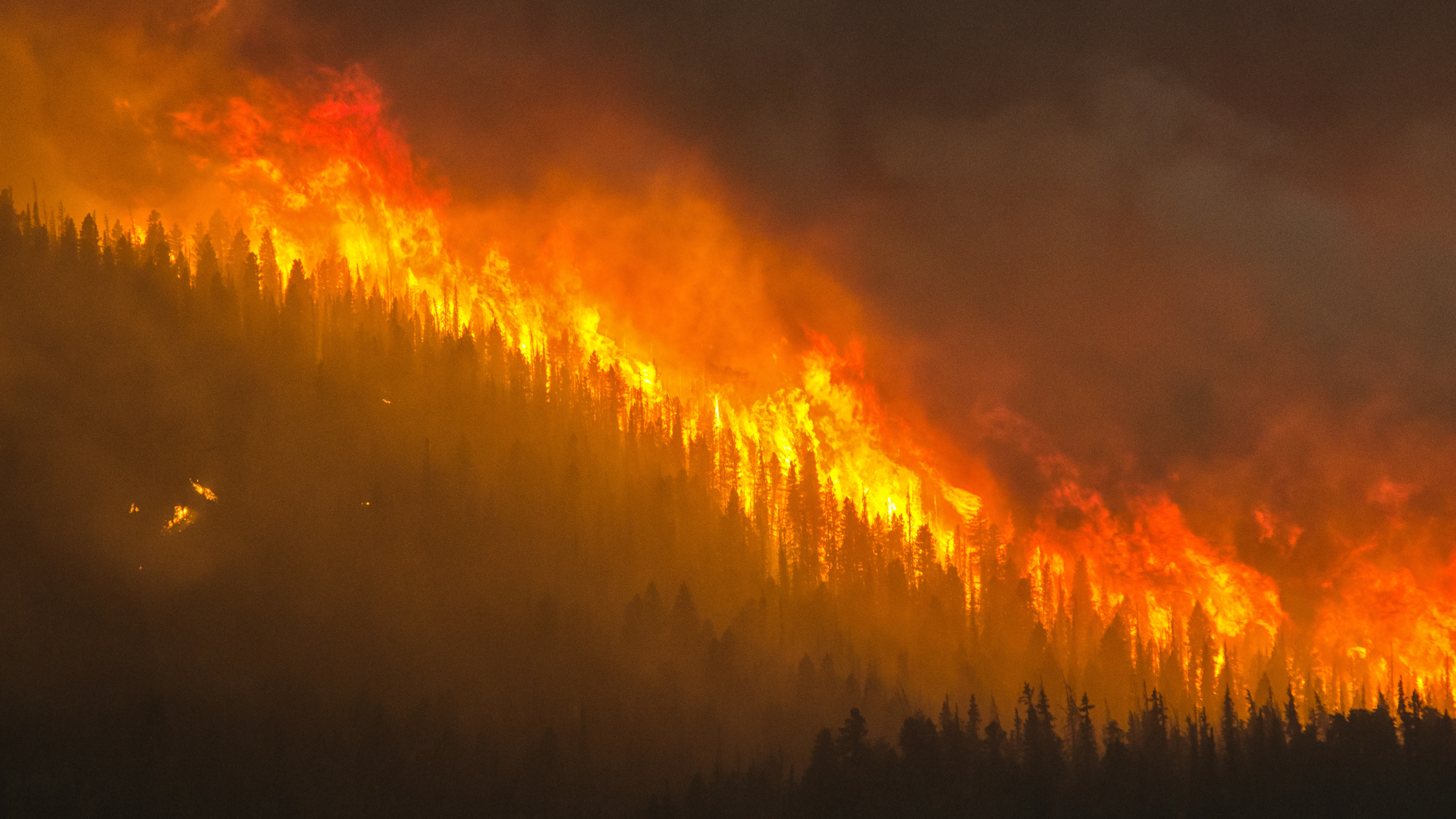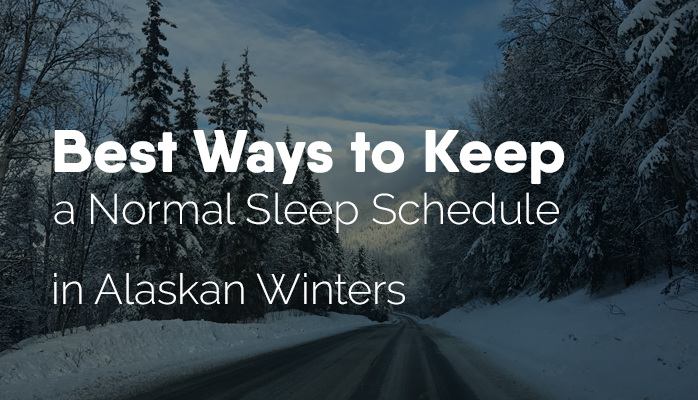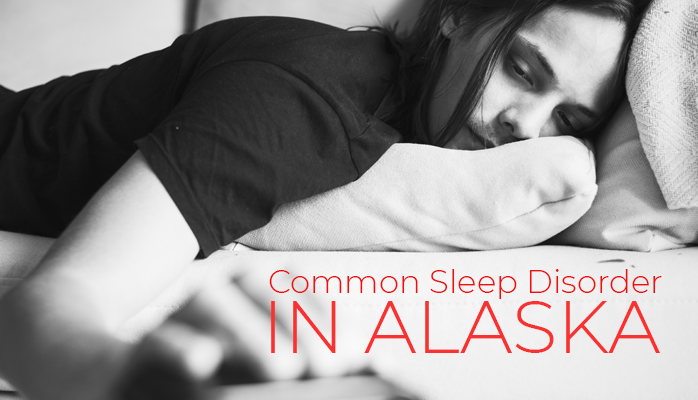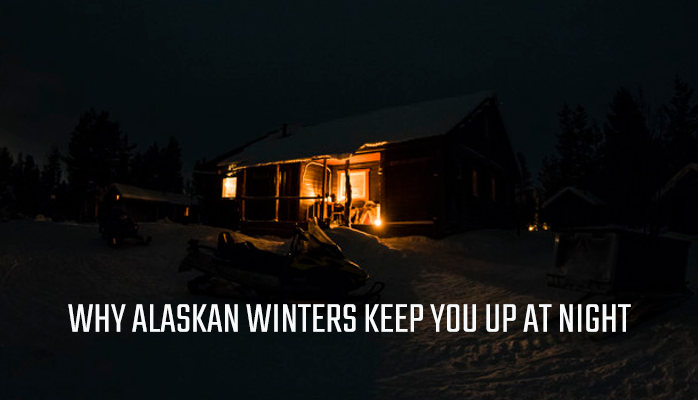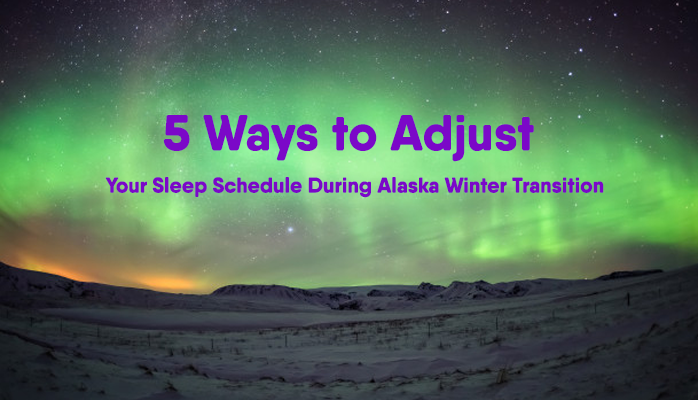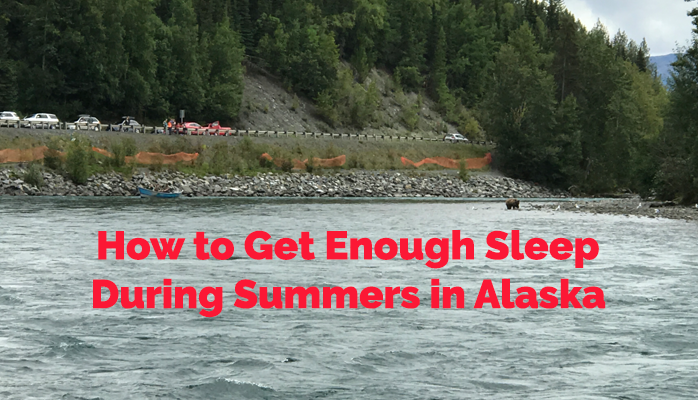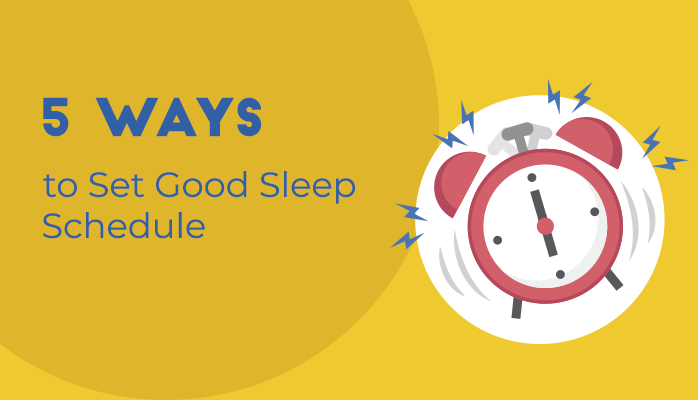Moving to Alaska is an exciting adventure, but it comes with unique challenges, especially when it comes to adjusting your sleep patterns. Alaska’s extreme variations in daylight—from long, bright summers to dark, cold winters—can significantly impact your body’s natural sleep-wake cycle. If you’ve recently moved to the Last Frontier, you may find it difficult to maintain a regular sleep routine, but with some planning and mindfulness, you can adjust to Alaska’s unique light cycles and ensure you’re getting the rest you need.
In this blog post, we’ll explore how Alaska’s environment affects sleep and provide practical tips for adapting your sleep patterns to your new surroundings.

